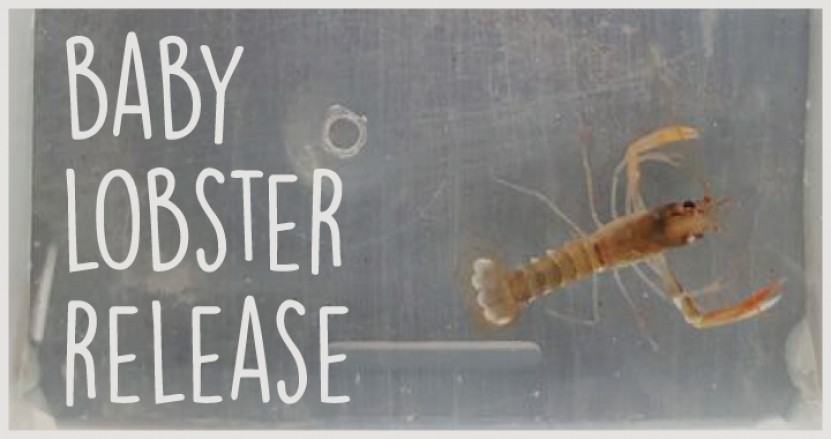Project AWARE Week: Baby Lobster Release

Ends
The Fifth Point is a no touch, no take Dive Centre. We're proud to be one of the few in the UK who put lobsters BACK in the ocean!
On behalf of our friends at the Northumberland Hatchery, we will be releasing the latest stock of baby lobsters.
Location will be confirmed nearer the time depending on local conditions. We'll arrange buddy teams and brief the mission! We can take a maximum of 6 divers, so don't miss out!
INFO FOR DIVERS:
* All divers must complete their Diver Pack before entering the water. (more info: https://fifthpointdiving.com/about-the-fifth-point/fun-diver-policy/)
* All divers are invited to take part, although we do ask that individuals have excellent buoyancy control and the ability to multitask underwater (if this is something you think you need to work on - get in touch!!)
* Please confirm your attendance by emailing [email protected]
EQUIPMENT HIRE:
If you need any individual items, let us know. Full kit hire is available for £30.00 for the dive. If you've not used our wing and long hose set up before, you need to drop into the dive centre for an orientation. We'll arrange for you to jump in our training tank with an instructor before you head out to sea.
READ MORE ABOUT THE BABY LOBSTERS:
The hatchlings are reared from eggs harvested from female lobsters (hens). In this early stage of life, the lobsters would normally float about as part of the plankton in the sea. They're highly vulnerable to predators, which is why the hatchery mimics their environment in the wild until they develop into their benthic state (where they would live on the sea floor). They're then transferred to individual holding containers where they moult and grow for around 3 months.
When they're ready to be released, they are a few centimeters long and have a much better chance of survival. The hatchlings need a rocky substrate at a depth of around 5-10m to call their new home. That's where divers come in handy - we can find a suitable location underwater, plus diver presence during the release is thought to deter predators while the hatchlings find a place to hide!



